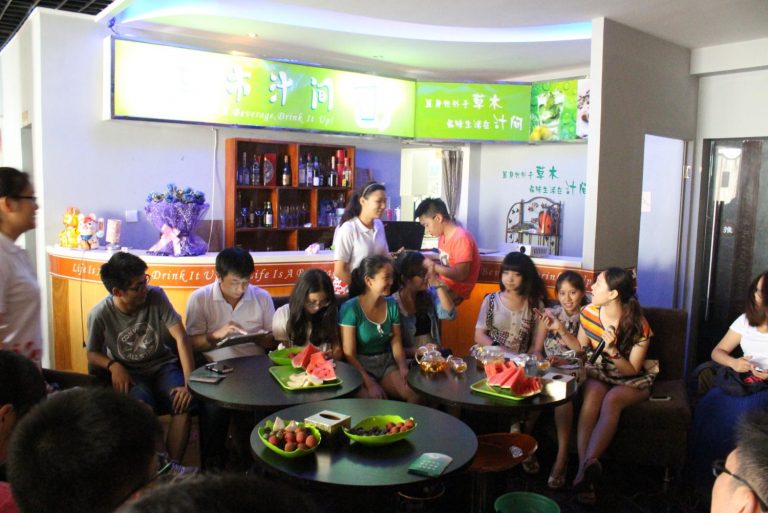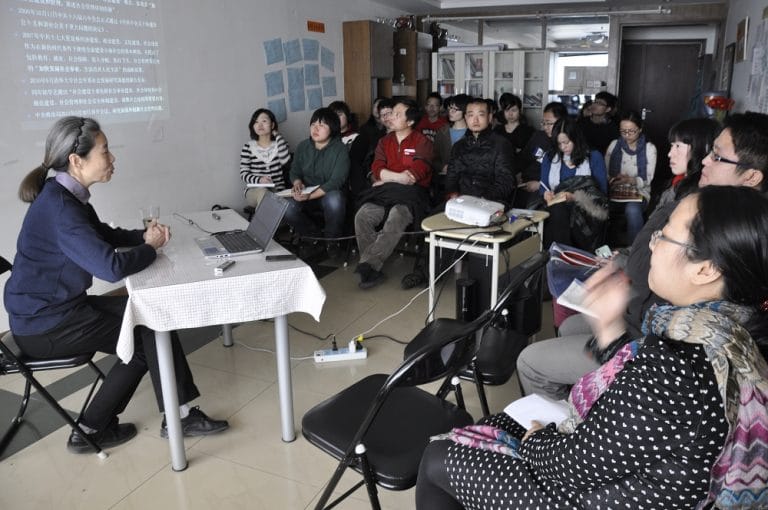
How different is crowd funding from illegal collection of funds?
Crowd funding has become a popular form of Internet financing. However, at this point, many are still unsure what the difference is between crowd funding and illegal fundraising.
CDB Reports include: Current Issues, Analyses, and Features.


















